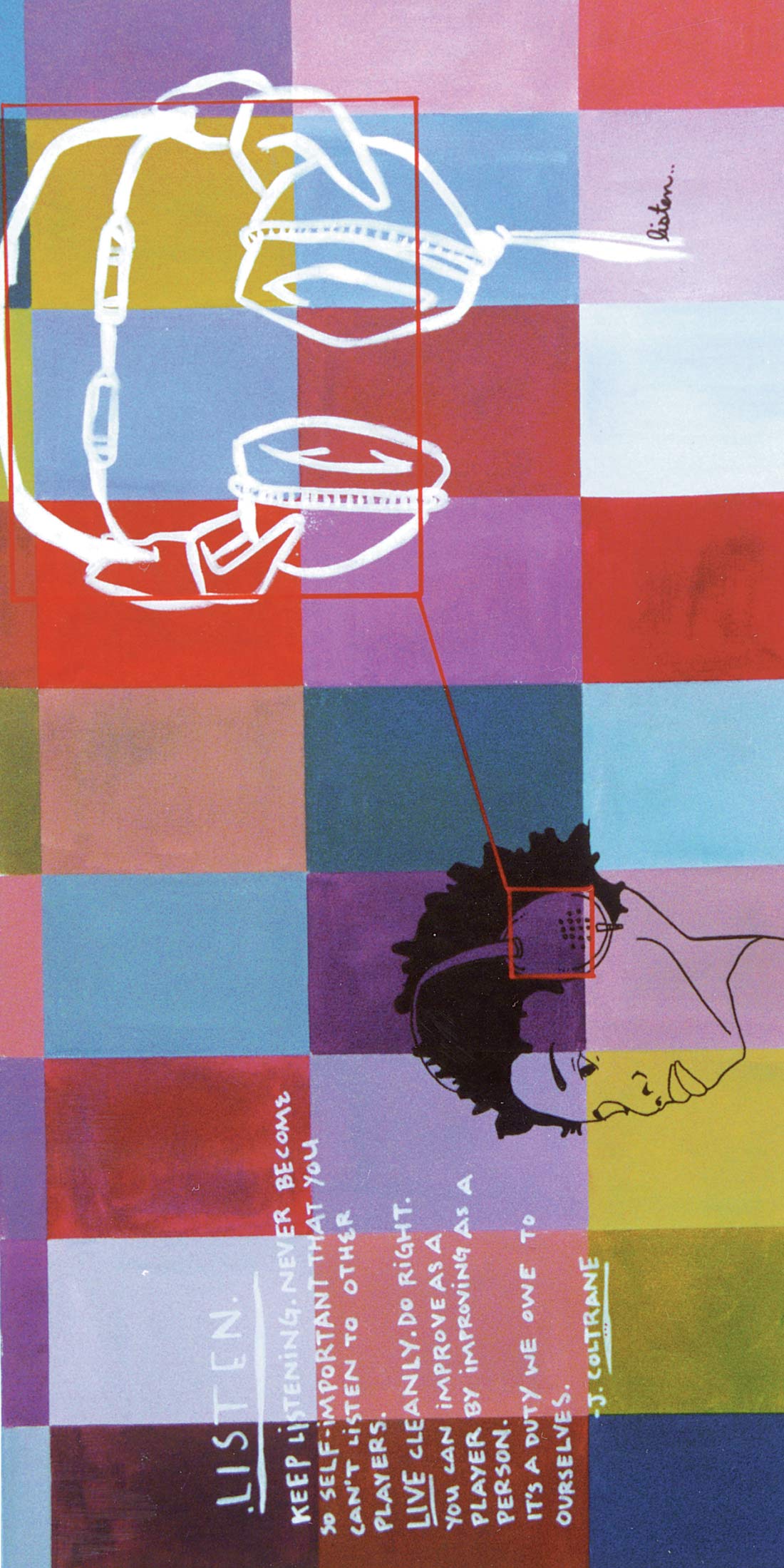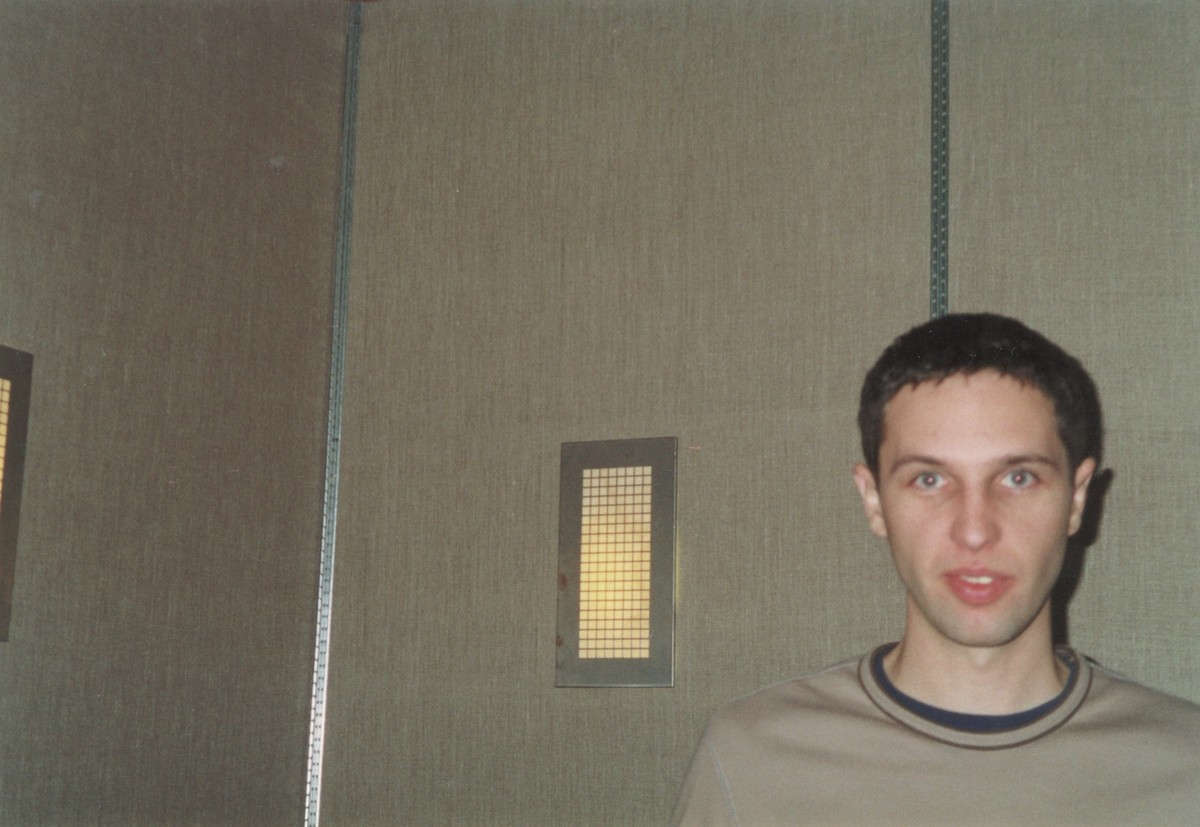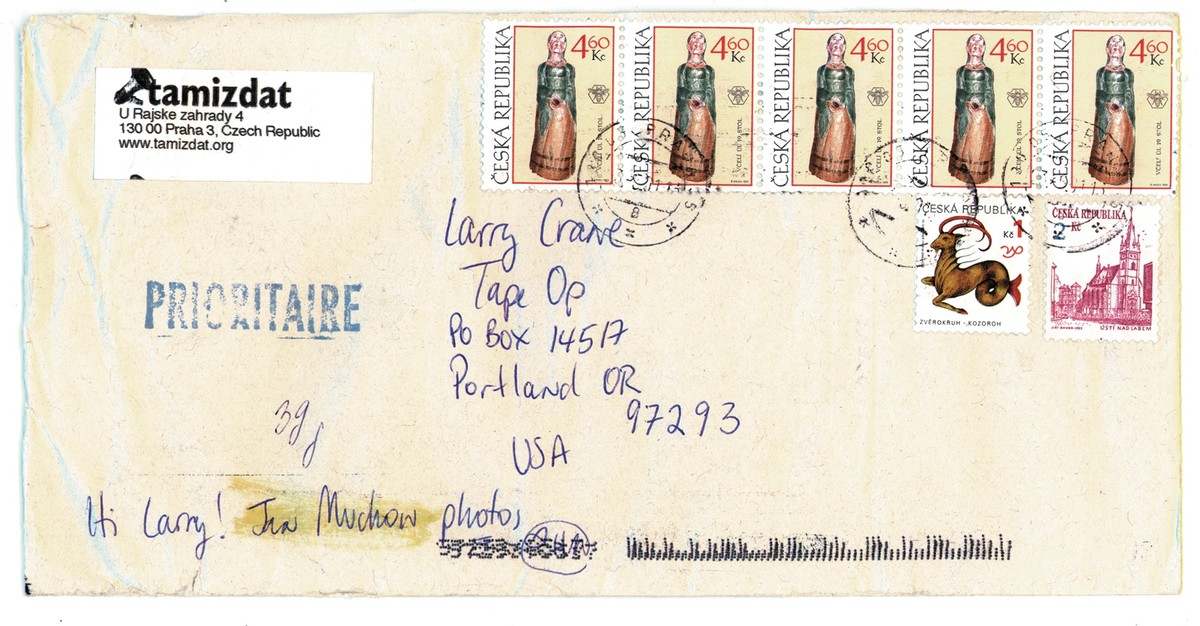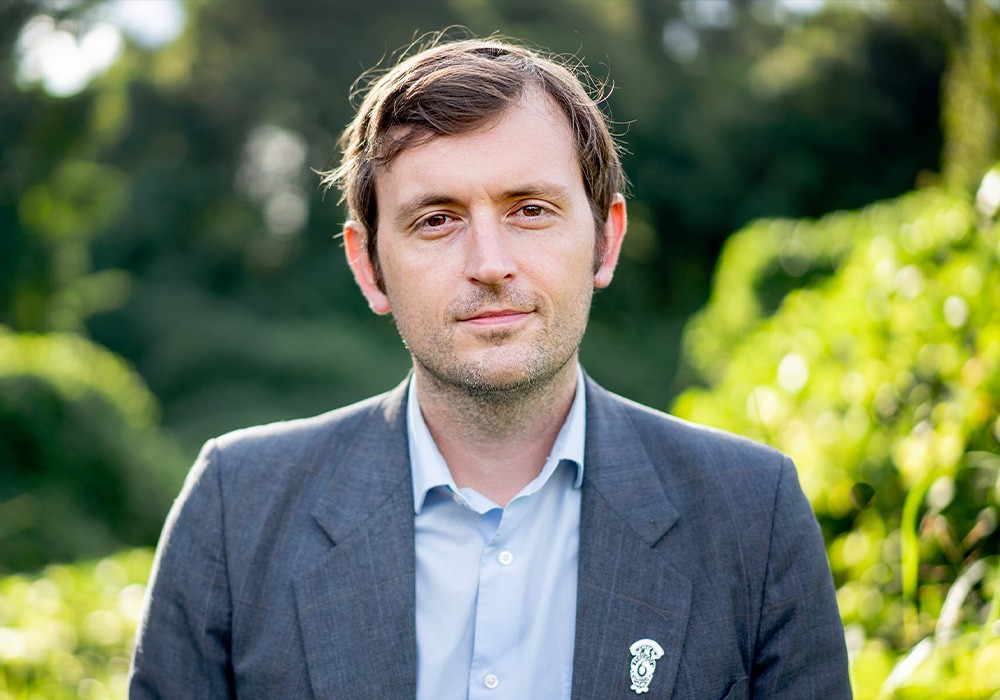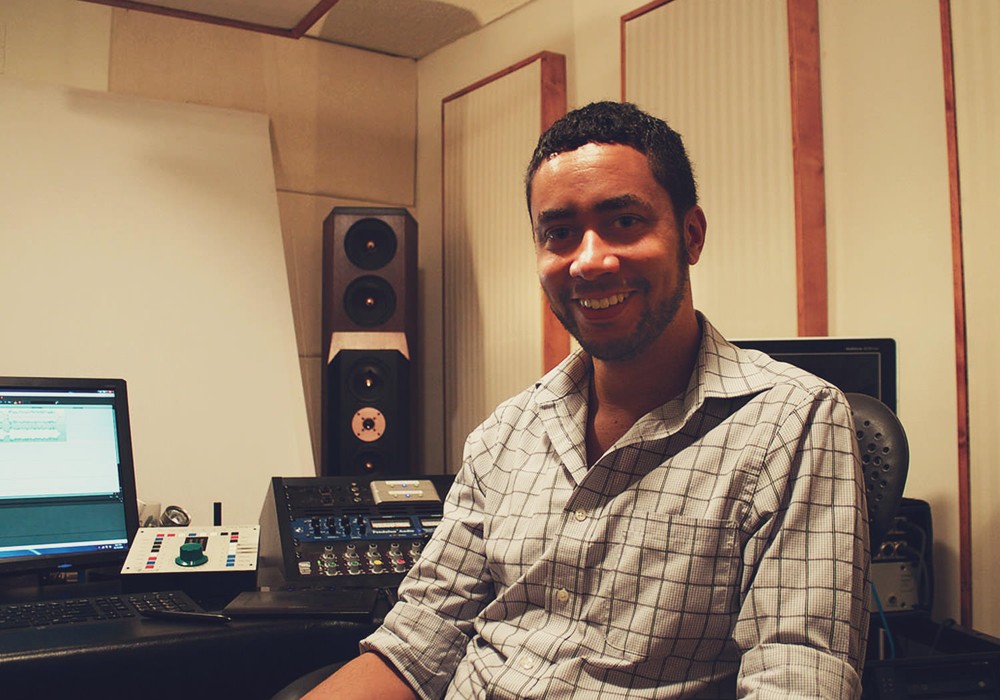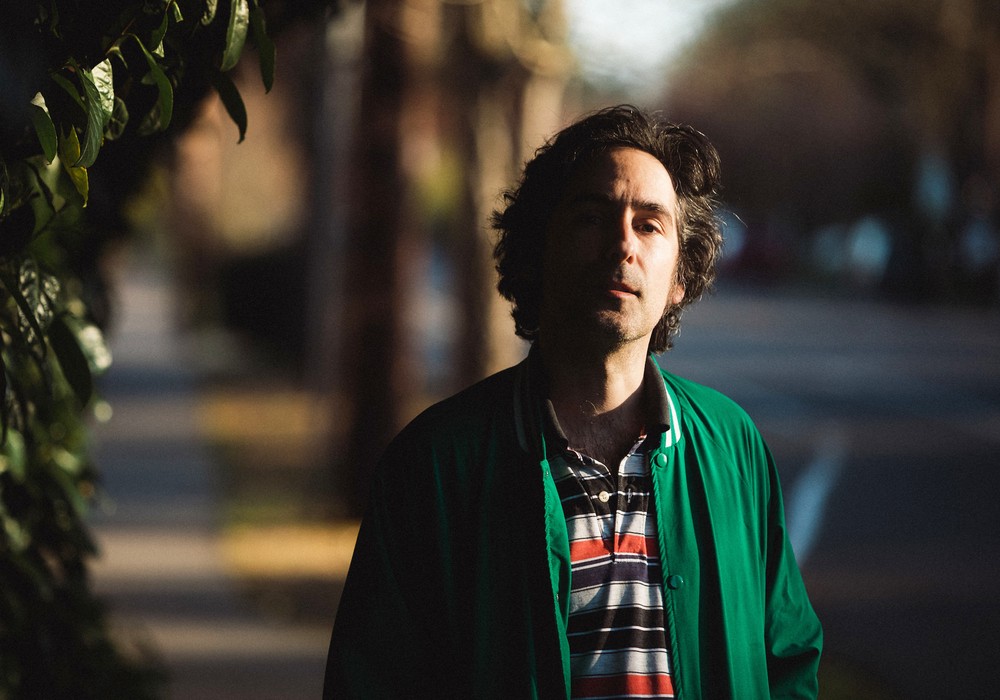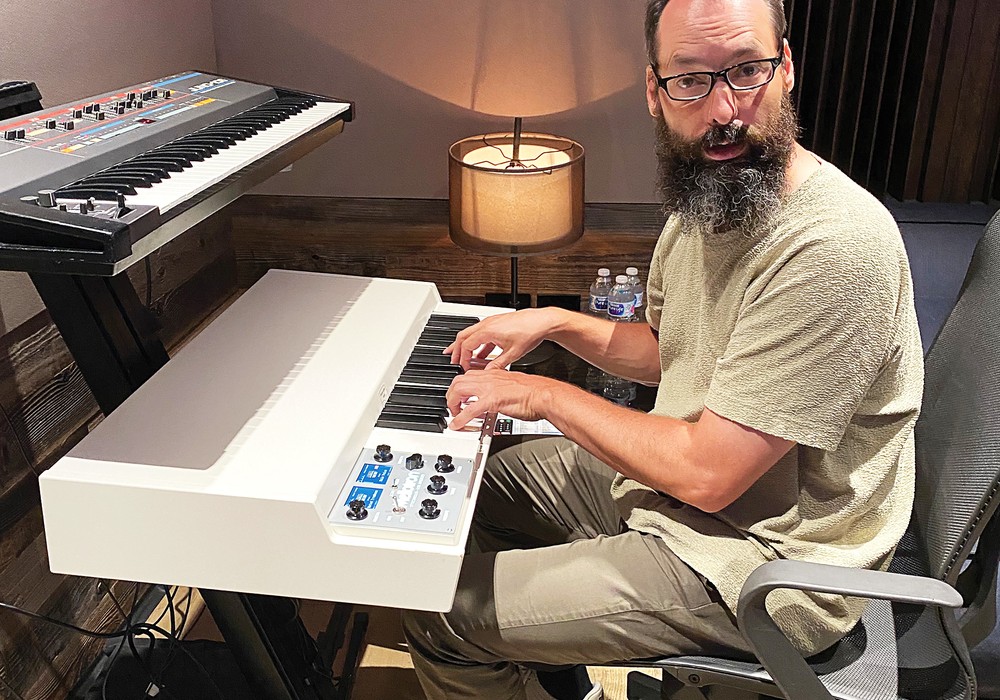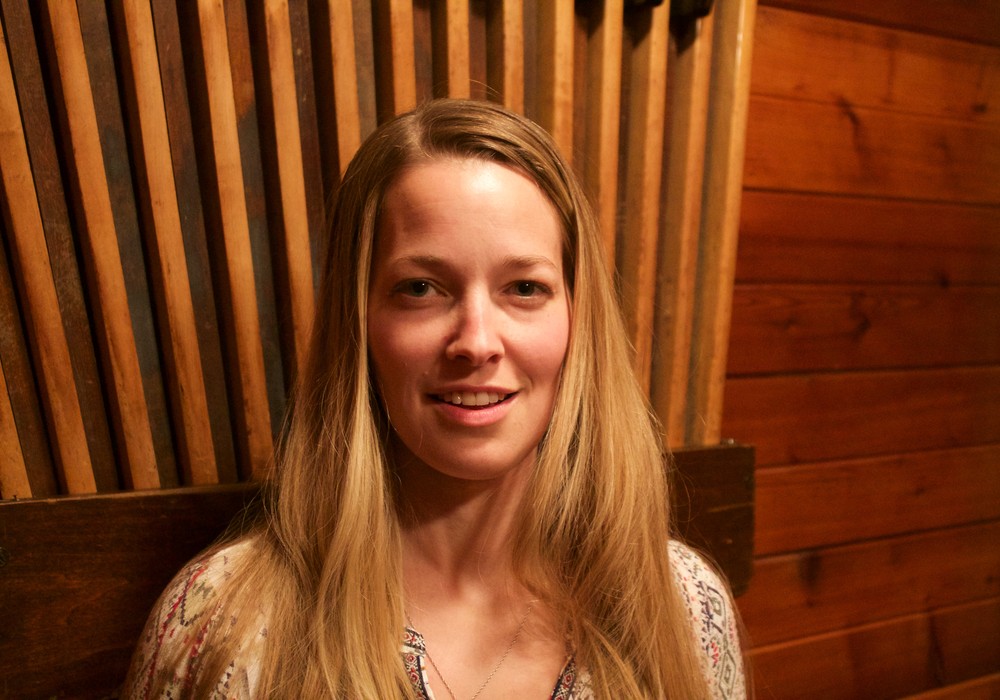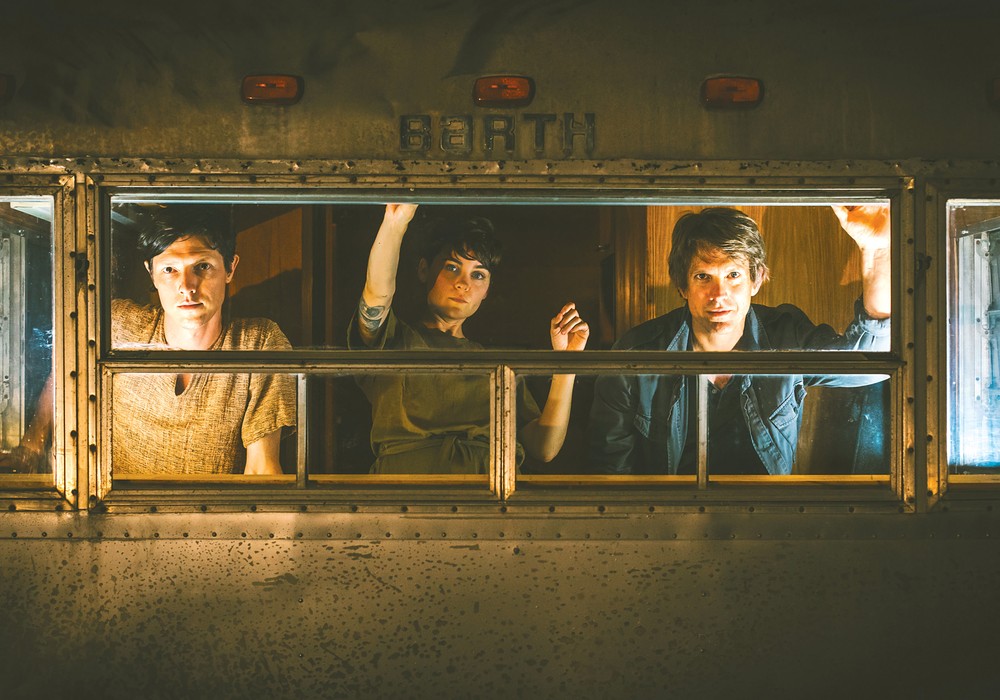On a typically miserable Prague spring day I hauled over to Jan Muchow's studio for an interview. The studio, Balance, is just off the notorious Wenceslas Square in Prague, just by the famed locus where not so many years back student Jan Palach set himself a flame for the sake of freedom.
You won't be reminded much of Russian tanks while walking the streets of Prague, where the only real enemies now are the nagging beckonings of Dunkin Donuts and KFC. But keep in mind it was only 12 years ago when the Czech Republic became independent. Culturally, they've gone an awful long way in a very short time. Political-historical lines break down sharply between generations. There is a huge gap between the experiences had by those who were 10 in 1989 and those who were 16 — today's teens have no idea what it was like back then, whilst today's 20-somethings can look back and compare. Perhaps due to their tricky historical influences, when Czechs become stars, they really become stars. If you are really good at what you do, especially if you are known in the UK and in the USA, you are golden in the eyes of the Czech media.
Jan Muchow holds a particular place heading up the small but accomplished Czech experimental electronic music scene. He starred in the movie Whispers, an award-winning Czech independent film for which he also wrote and produced music. Because of his success with his musical project Ecstasy of St Theresa, and also in the film and theater industries, Jan is always dodging TV cameras at concerts and events. Yet he's not a pop-star in the 'N Sync sense but rather as a really good experimental producer and songwriter. Yes, in a country where the President's favorite artists include the Velvet Underground and Frank Zappa, you can have experimental artists who are big pop-stars. Go figure.
Having been through the history you've been through do you feel like your approach to making music has changed drastically since when you began?
Well, I don't know notes or scores and I don't write songs by chords, I do all writing by ear. In this respect, it's all the same. I really have some more knowledge now about instrumentation, and I can play more than two chords for sure on the guitar! But generally I think I approach music the same as always, I approach each song as a blank slate.
So how do you usually write?
I start with something in my head... could be a sound, like my guitar falling down and making a cool noise. Then I tape it and play it back many times, trying out loops, until the noise starts to form a song. Sometimes it's by accident like this, and sometimes even I've had songs form in dreams. I've woken in the night with songs in my head, and then I get up and try to remember the notes. Sometimes I'll start with the sequencer or bass, it depends.
The sounds on In Dust Three, you kind of hear a sound like an "outer space" quality to the music.
I don't think there is anything sci-fi involved, but we really like the sounds. Don't know why, since when we started I played on guitar. As soon as I had some money I was buying effects and I really like these sounds. Our sound is not because we're obsessed with the new century or anything or that we want to have our bedrooms on the orbital, but that's not really going to happen anyway.
Speaking of these sounds, you've got a very distinctive sound as a producer. I mean, you can really just tell immediately if you've produced it — I heard a song by HERE on the radio, a remix that I didn't recognize at first but I knew that it was your work.
Every time somebody tells me that I'm shocked. I never want to sound the same in the work that I do. If I'm producing other people, I approach each individually, like first asking what is the best thing about this, and how can I bring that out? I never want to get stuck on, say, some bass sound so that I would use it on a Naceva album and also on HERE. I even don't like other peoples' records when theysound the same from the start to the end. I do as much different stuff on one record as I can. I guess it comes up somewhere from the subconscious to the EQing... anyhow, that always surprises me.
I think it's a positive thing, when a producer can find a voice, a clever signature in music.
Yeah, but not if it's overdone, like you have to say, "Oh, not again!"
Sure, there are bands who get stuck. Going back to the studio stuff, this studio that we are in now, it's yours?
Yes, my friend and I share it — he's a sound engineer. His name is Michal. He was studying trombone and then got into sound at film school, went on to engineer. We had made records together, he knows all of the theoretical musical stuff, which helps. We work together sometimes, and we also work individually. He actually has just produced this big Czech pop band, Chinaski.
So where did you start learning about studio work?
By the time we were in the studio with EoST, I had to know. I mean, there weren't any technical engineers at that time, and if there were they certainly didn't understand what we wanted. So, we ended up being really hands-on, standing right behind them at the desk and taking a look to see what we could do better in the mix. In '94 I was asked for the first time by a band to help them in the studio. I guess I felt by that time, "Yeah, I must know something about this by now." I learned just by doing it, by being a producer. There just...
